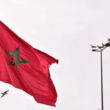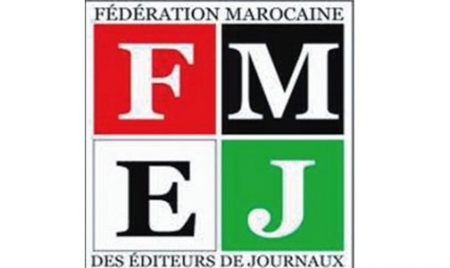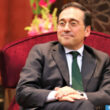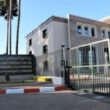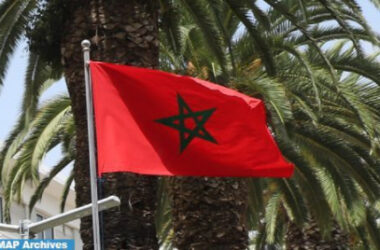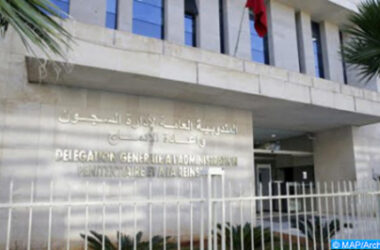“A few days before the expiry of the legal mandate of the National Press Council (CNP), after an extension of six months to organize elections for the renewal of its structures and also in view of the persistent procrastination on the plans for the implementation of the law and respect for institutions and the Kingdom’s Constitution, in support of a democratic approach and also following the multiplication of ambiguous statements that can fuel the crisis, maintain the status quo or favor the option of consecutive extensions of the mandate, the FMEJ and the FNJIC-UMT express their commitment to a democratic and constitutional approach in dealing with the problems of the sector as well as the election of its bodies and organizations,” the two Federations said in a joint statement received Friday by MAP.
While noting that the CNP is the result of elections in accordance with Article 28 of the Constitution and must always respect the principle of alternation and the elective mode, the statement deplores “the actions of some components of the Council in violation of the Constitution, the law and ethics,” “which has seriously damaged the image of this Council supposed to set an example in terms of respect for the Constitution and the promotion of democratic principles,” according to the two federations.
“However, the government officially announced that this six-month extension of the CNP’s mandate is exceptional to allow it to organize its elections, but we note today that six months have passed and nothing is on the horizon, only unexplained procrastination,” the statement said, before pointing to “hidden intentions in the form of a bill that attacks the fundamentals of the election and the alternation of power, while favoring a tailor-made representation via an organic law.”
“But even though this plan has been shelved, it remains that as members of this Council, we feel embarrassed to belong to an institution in which some seek to deprive journalists of their basic right to choose their representatives democratically,” said the same source.
The two Federations also deplore the fact that “the study day organized by the government at the headquarters of the House of Representatives despite all the discriminatory maneuvers, has not led to conclusions except the words of the Speaker of the first chamber who concluded his speech by pleading for a framework law governing the sector,” reiterating their “categorical refusal of a nominative constitution of the National Press Council.”
That being said, the FMEJ and the FNJIC-UMT underline “the need to revise the press code in its entirety and without haste based on the conclusions and recommendations of the said study day organized at the House of Representatives suggesting a framework law, which requires a lot of time and the CNP should not be hostage but on the contrary, an actor who has fully all the ethical and democratic attributes”.
The same source warned against “the drift accentuating the crisis or the desire of some opportunists who seek to deny the gains in freedom of expression enshrined by the Kingdom since the law of 1958 by imposing restrictive and impossible conditions for the exercise of the profession or the establishment of press companies, which is not compatible with international standards or the royal will and the Constitution.”
The statement also warned against “attempts to exclude the majority of representatives of the national press sector and deal with institutions without any consideration of the level of representativeness,” citing in support of the agreement concluded recently while “it would have been possible to achieve even greater gains if the parties in question had favored a participatory approach instead of instrumentalizing the social component.”
While protesting against the deprivation of journalists of their right to choose their representatives to the Council, the two Federations “reserve the right to take the necessary decisions in accordance with their professional conscience and their ethical commitment to their members and activists, including all legitimate means and this, in the light of new developments and their compatibility with the Constitution, the law and our democratic convictions,” concluded the statement.



